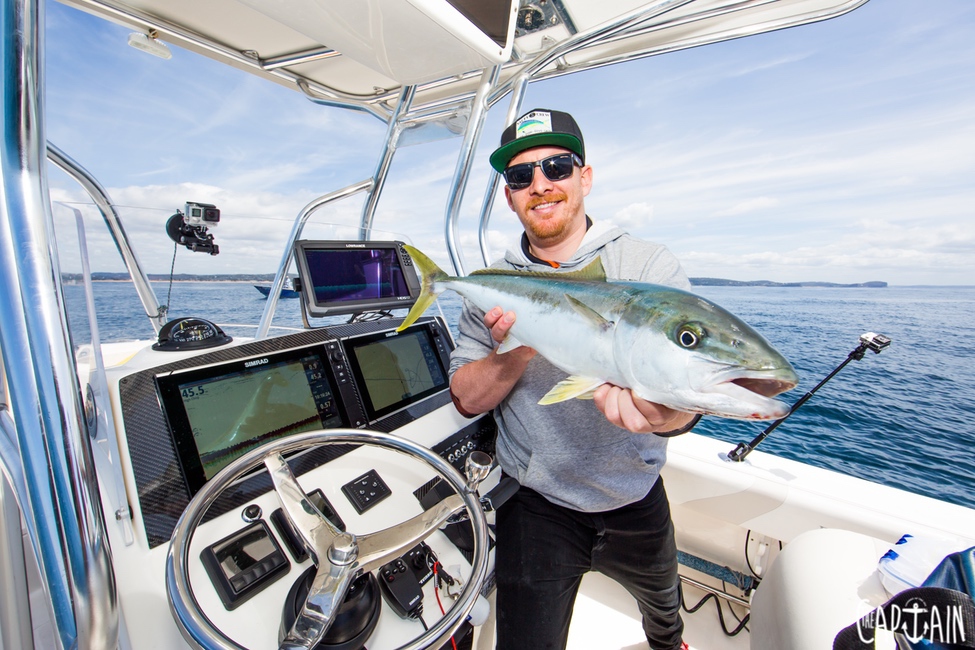OVERKILL
I’m going out on a limb to canvas a topic that’s been festering for quite a while — the impact of social media on fishing. That’s right, the electronic elephant in the room.
Let me preface this “rant” with saying that I love teaching people to fish and improve their abilities. I also encourage them to share their skills. However, I’ve had enough. It’s time to acknowledge the serious impact of social media on our fishing landscape. It’s true that anglers are more educated thanks to the internet. That includes knowledge about catch and release, protecting the environment and sharing positive initiatives. However, there’s one glaring negative — sharing the locations of hot bites on fish aggregation sites such as reefs and wrecks.
Last month, I witnessed a mind-boggling moment in the Sydney fishery. About 57 boats and a similar number of kayaks were crammed into an area the size of a matchbox, targeting a spawning aggregation of large kingfish. These fish were future breeders, many over a metre long. Why was everyone in the one spot at the very time so many big fish were aggregating? Social media. It’s no longer good enough just to share information on fishing techniques. There are Facebook pages devoted to a single species where people are encouraged to share everything required for instant success. Some people insist on posting GPS marks, locations, tides, times, wrecks and even bait — all in real time, when the fish are biting.
In the past, a few marks in a book and a rough idea on tides mgi ht translate to getting to the bite when it was on. That’s if you were lucky. Now you can be on the water hooking up within an hour of someone’s post hitting their “friends” list. But why would you want to see local fishing spots hammered, spawning aggregations hit and active bites smothered in boats? Our fisheries laws are well managed and bag and size limits are a good measure. However, two people keeping their bag limit is one thing, what about 57 boats in the same spot? What’s in it for the serial social media location sharers? Maybe 15 minutes of fame and a bunch of “Likes”. And what’s in it for the fish, the fishery and those who have worked for years to learn these spots and protect them? Nothing.
Sharing locations of hot bites on fish aggregation sites is simply short-sighted. It’s not giving a shit about the future of the fishery. As the (human) population grows, we risk bigger impacts on our waterways and need to be smart with fisheries management. Marine parks are not the answer. So what’s the solution? Easy — limit the information on catching species to techniques. Don’t give away exact hot-spot locations to everybody and their dog on the internet. Respect the fishery — tread lightly, limit your catch and remember not everyone will be as respectful of the fishery as you are.



Recent Comments